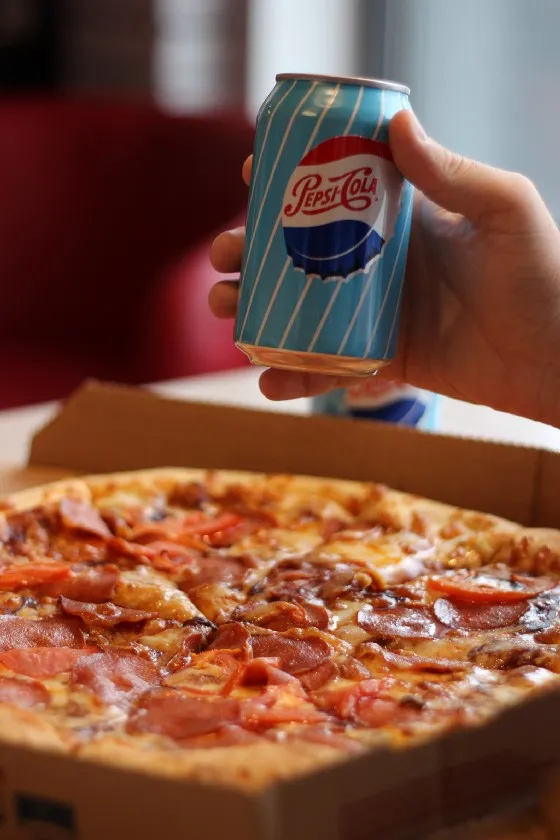Domino’s accessibility lawsuit update

Photo by Oleg Ivanov on Unsplash
Case history
Robles, the plaintiff, couldn’t order a pizza from Domino’s through the Internet (this was back in 2016, which becomes relevant later).
The district court decided in favor of Dominos.
The court of appeals overturned the district court’s ruling.
The Supreme Court said they would hear the case but then punted it back down to the district court for rehearing.
The case was scheduled to go to trial on Monday. Today’s order cancels that trial.
Update: In November, Domino’s settled the case with Robles
Important Points
Here are the important points from today’s long and complicated ruling:
Keep detailed track (screenshots and devices) of the evidence supporting your claims
Robles upgraded the iPhone he used for his original claim and no longer had it. Domino’s tried to use that as proof that the case should be decided in their favor because Domino’s could no longer examine the phone. Domino’s attorneys went so far as to ask for sanctions for “destruction of evidence” (which was denied). The court found that “[t]he iPhone is not necessary to establish Plaintiff’s interaction with the website,” but Robles and their legal team could have avoided a whole lot of grief if they had kept the device.
Make sure your expert’s report reflects at a minimum the same environment that the Plaintiff complained about.
In the “battle of the experts,” the result was a bit of a mixed bag. Part of the confusion was that Robles’ expert did part of her report on Android when the plaintiff used an iPhone. Fortunately, the court decided that software barriers are a substantive and relevant legal issue regardless of the software version.
If your website changes frequently, don’t count on the court accepting your claim that the case should be tossed because the complaint and expert reports don’t match the website's current state.
The ruling called Domino’s contention that plaintiffs should be required to amend their complaint and expert report plus redo depositions every time the website is updated “farcical.”
The web is a place of public accommodation in the 9th circuit
Where a “website and app facilitate access to the goods and services of a place of public accommodation,” as is the case here, the ADA covers the website and the app.
Full stop.
It doesn’t matter who owns the building or whether it is a franchise operation.
The court found the barriers at issue are web-based barriers that only the Domino’s parent company can control, and agreed with Robles that “[t]he alleged inaccessibility of Domino’s website and app impedes access to the goods and services of its physical pizza franchises — which are places of public accommodation.”
Having a phone line is not an acceptable substitute for an inaccessible website and app.
The court didn’t think it was reasonable to make hungry people wait for 45 minutes on the phone to order the pizza, much less receive it. Enough said.
If you go to a website and try to order something 3 times and fail 3 times, it is one barrier and one Unruh Act violation.
This is the only part of the motion for summary judgment that clearly was a win for the defendants. Domino’s only had to pay $4000, not $12,000 in Unruh Act damages for the three failed attempts by Robles to order his pizza.
The court declined to decide on the following issues, which will need to be left for future litigation.
What level of technological capabilities is required of a blind website user such that the failure of JAWS technology is necessarily the fault of the website owner?
What happens if the defendant is an internet-only business?
This ruling only pertains to the website. App issues are still to be determined.
I would think at this point Domino’s would want to put a stop to pouring its legal money into a sewer, but I’ve been wrong before on this particular point. Additionally, the court left room for the plaintiff to claim that Dominos intentionally discriminated against him in their App maintenance.
Legal Fees?
Don’t see anything in this ruling on legal fees; they will be vastly larger than the $4000 in Unruh Act damages. The Unruh Act specifies that plaintiffs can recover attorney’s fees for each violation of the Act. They will probably spend a long time arguing over this one in the future as well.
Stay tuned for more of “As the Pizza Turns.”
Thanks much to Samantha Evans for bringing the ruling to my attention and Jeremy Horelick for using his magical Pacer account to get me the ruling
Add a comment: